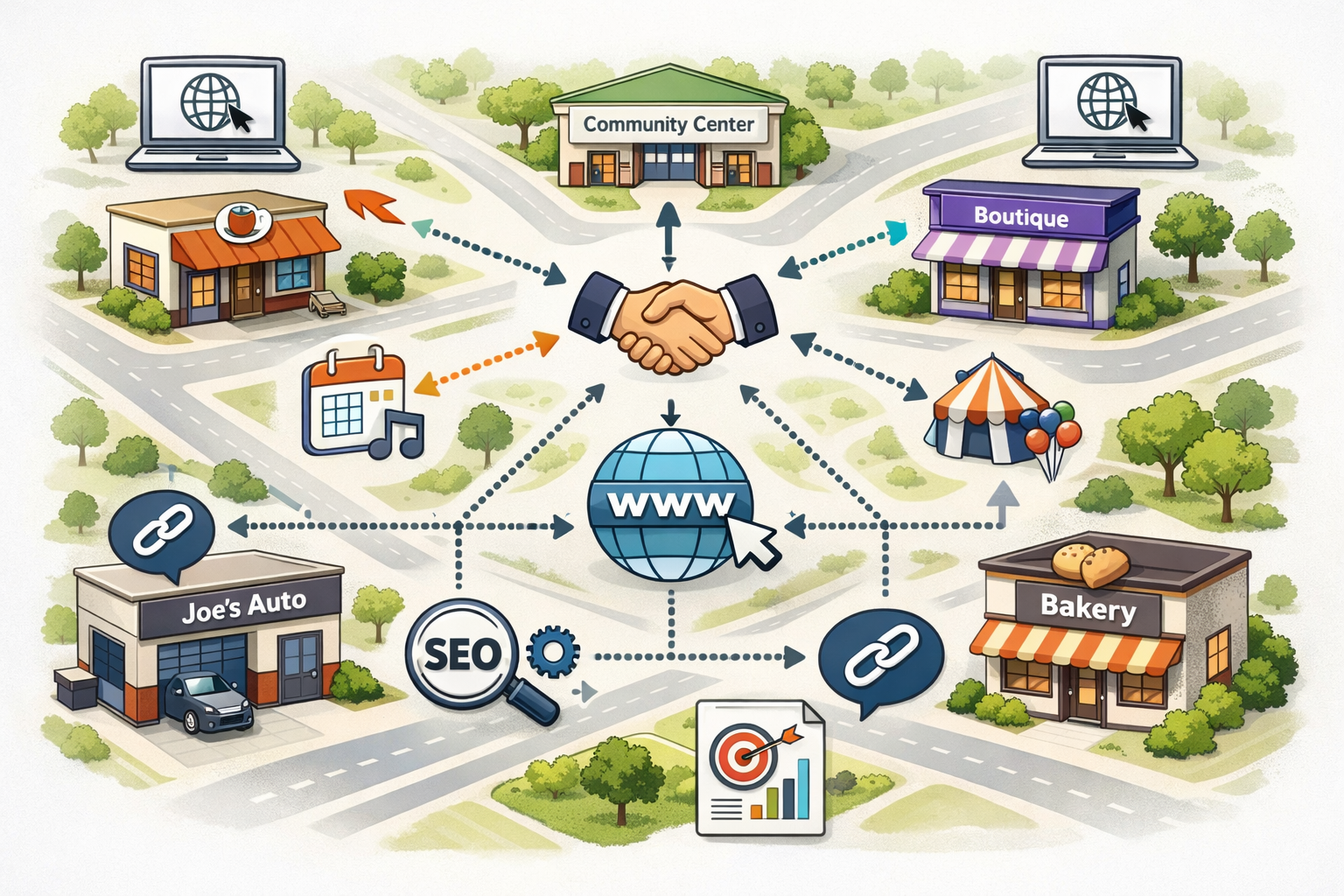GetPhound Gets Up: 5 Easy Exercises For The Office
Was one of your New Year’s resolutions to amp up your exercise routine? Same here.
We know it’s hard, and there are plenty of excuses. Not enough hours in the day, gym memberships are expensive, Netflix exists.
Finding the time and energy to exercise is especially difficult when you work in an office. The GetPhound team knows the struggle, so we thought we’d share some of the ways we try to keep ourselves moving from 9-5. Giddy up!

1. Walks to the break room
You should know by now that sitting is the “silent killer.” But did you know that standing all day could kill you too ? (We can’t win.) But don’t worry, the solution is simple: just keep moving, moving, moving. Get up every hour and walk to the break room. Stretch. Dance. Stare out the window for some “long-distance seeing,” as our writers like to call it. Just get up , will ya?
- Pro tip: The more water you drink, the more you’ll have to get up to use the bathroom.
2. Planking competitions
A “plank” is one of the most strengthening exercises for the entire body. (Not to be confused with “planking,” a strange social media fad in 2010—remember that?) If you’re starting to get crazy legs from too much sitting, just plop down to the floor in push-up position and do a plank, or challenge your co-workers to a friendly competition.

3. Desk bicycle
If you’re as dedicated as our web developer Ryan, you’ll get yourself a desk cycle. Then, buy two Flyers tickets and hold a contest on Facebook to see who can guess the number of miles you’ll bike in an 8-hour work day. If you’re a beast like Ryan, you will bike 116.7 miles, and then probably collapse.
4. Yoga
There are tons of yoga moves you can do in the comfort of your own cubicle—sun salutations, forward folds, and downward-facing dog, to name a few. You can even do some poses sitting in your chair! No matter what you do, just remember to stretch every hour. It works wonders for both body and mind.
- Pro tip: Be bold and go for savasana (corpse pose) right on the floor—but first check to see if there are any clients in the office.

5. Walks around the block
Most importantly, GET OUTDOORS. Along with good old-fashioned exercise, a walk outside can reduce stress, boost brain health, and clean out your lungs. Plus, taking a break from the computer is essential for your vision, productivity, and sanity. Trust us, we know.
If you’re having trouble incorporating a daily exercise routine, the least you can do is get up every hour, stretch, and breathe some fresh air on your lunch break. That New Year’s resolution seems more feasible now, doesn’t it?
Now go fill up your water bottle!
The post GetPhound Gets Up: 5 Easy Exercises For The Office appeared first on GetPhound.











